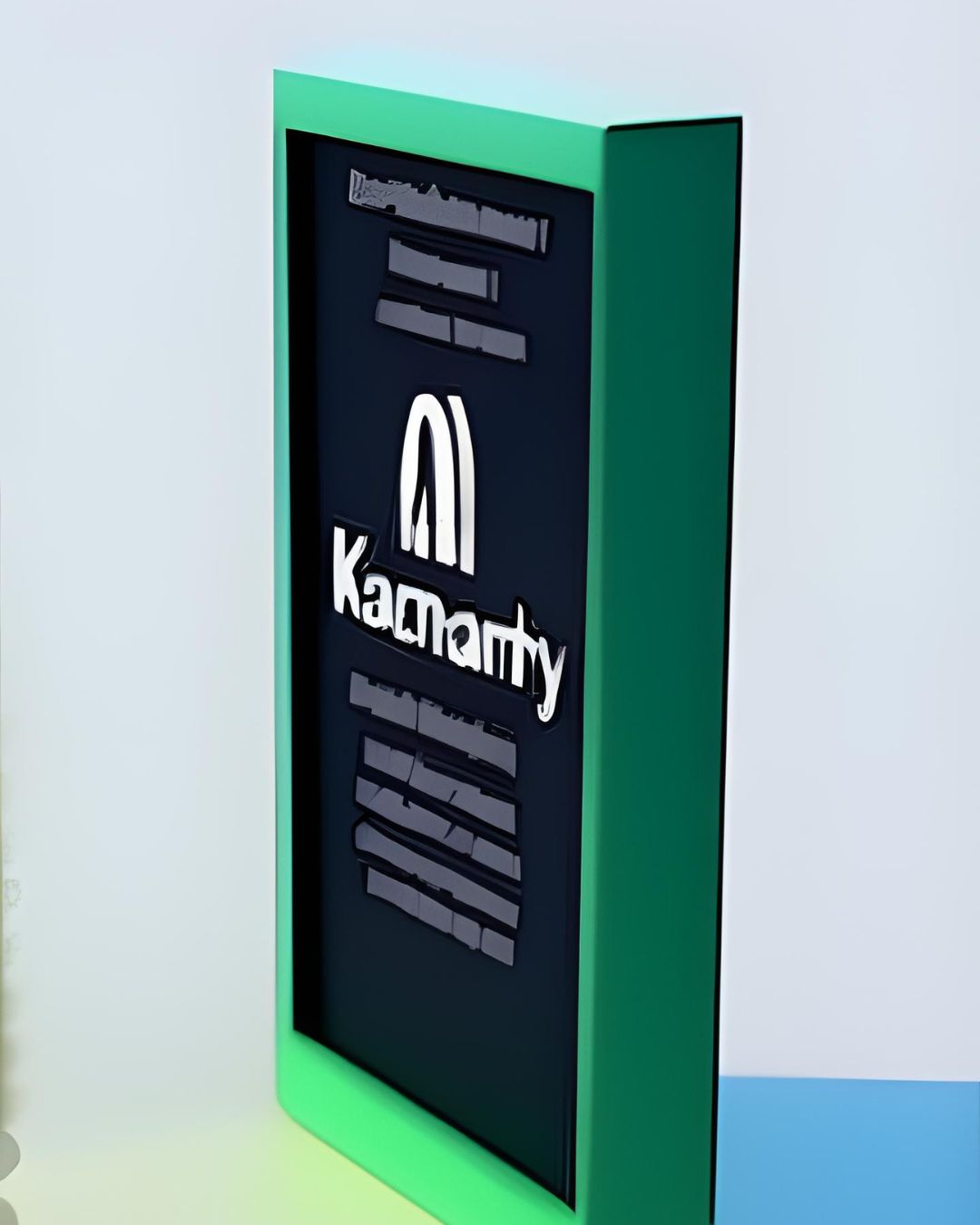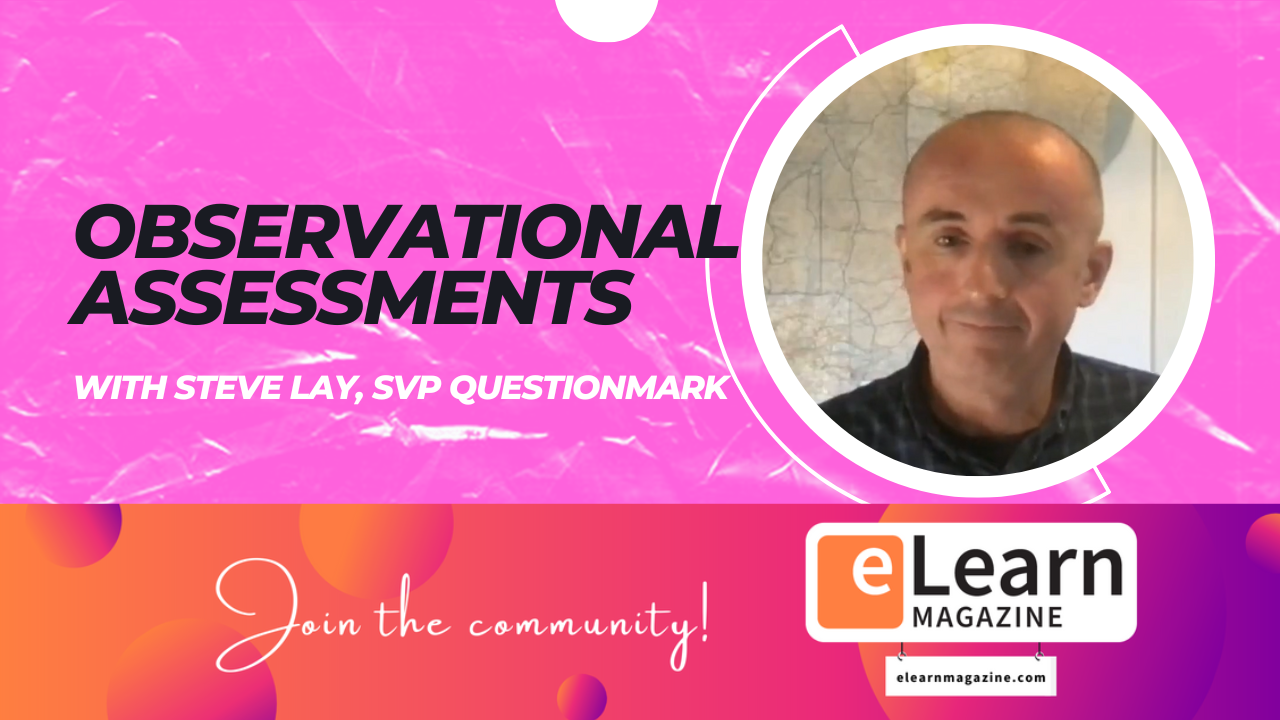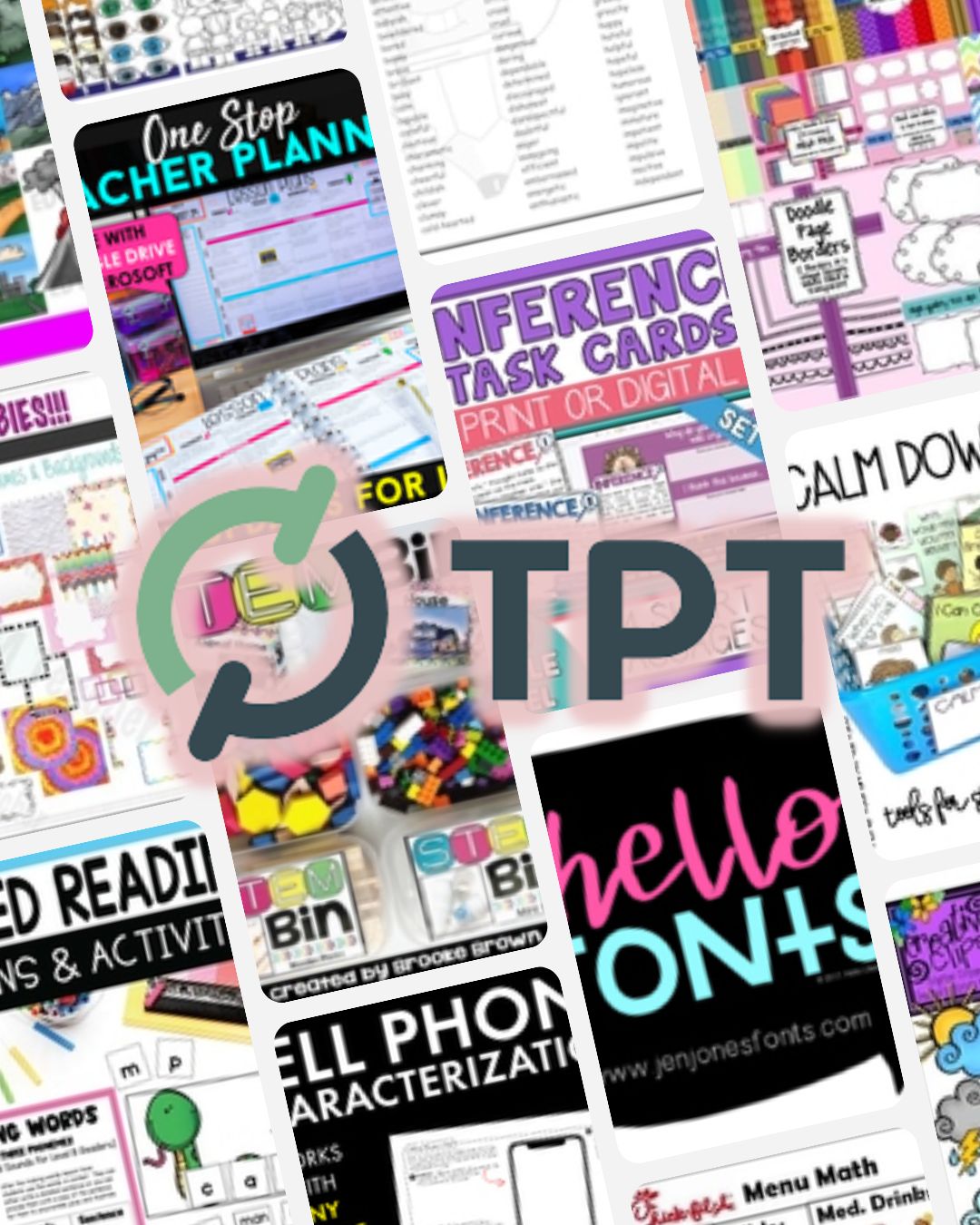
The Year In AI: A Recap Of The Breakthroughs, Challenges, and AI In Learning Innovators Of 2023
2023 was a hallmark year for AI. Artificial Intelligence seeped into more areas of the world than ever, including classrooms and learning departments everywhere. We

















